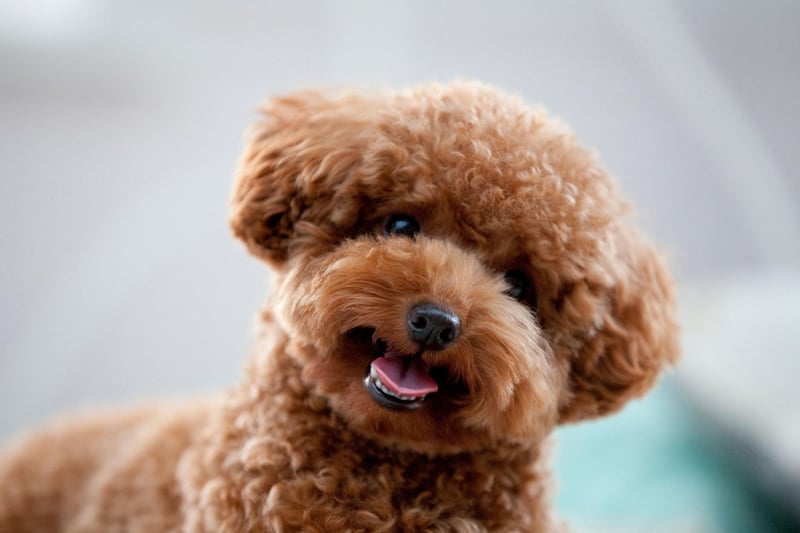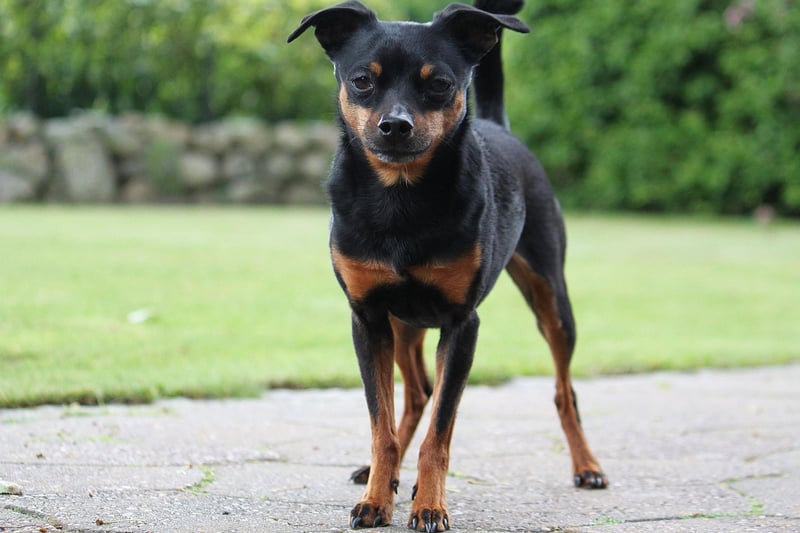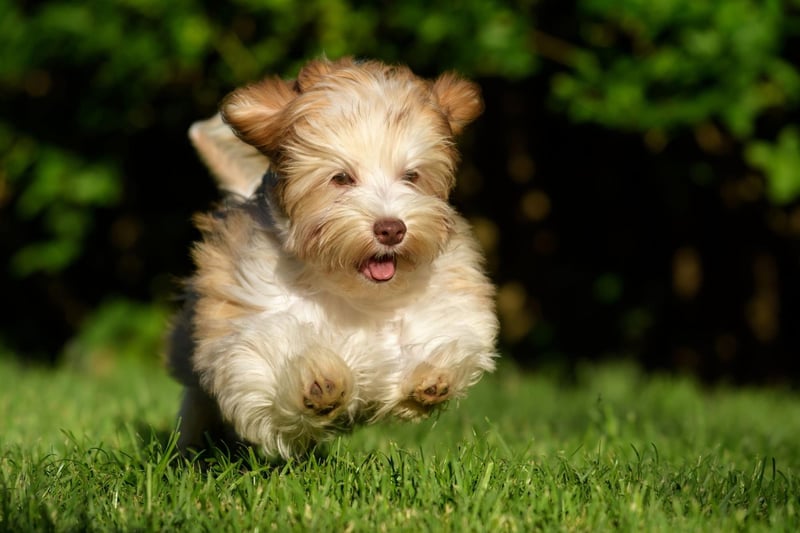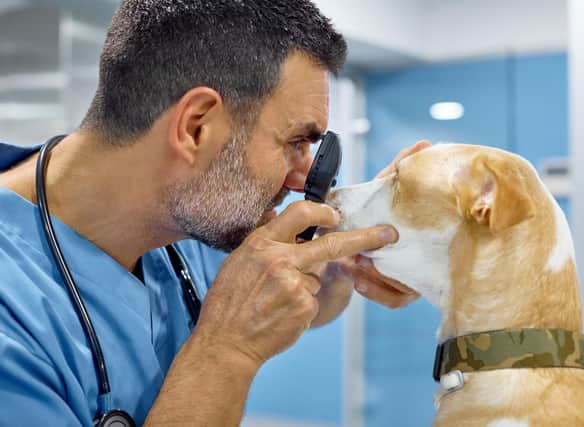The last few years have seen many of us welcome a new four-legged friend into our homes, as the Kennel Club has seen dog ownership rocket to record levels.
But with 221 different breeds of pedigree dog to choose from, there’s plenty of thinking to do before you select your perfect pup.
Those with active lifestyles might want to consider a larger dog, while somebody with young children will want a family-friendly dog.
It’s also worth thinking about health issues that can affect certain breeds, for instance bulldogs are particularly susceptible to respiratory problems, while pugs commonly develop eye infections.
Of course, there’s no guarantee that a dog won't develop issues, but some are less likely to than others. So, if you want a happy dog while avoiding hefty vet bills, here are 10 of the healthiest dog breeds you should consider, according to the American Kennel Club.
For all the latest dog news, pictures, advice and information, join our Scotsdog Facebook group here
Read more:

1. Poodle
All three sizes of poodle - Standard, Miniature and Toy - tend to stay in good health, with lifespans of up to 18 years, and joint and eye issues only tending to affect older dogs. Photo: Canva/Getty Images

2. Australian Cattle Dog
They may not be hugely common in the UK but the Australian Cattle Dog can perhaps lay claim to the title of healthiest dog. The Guiness Book of Records includes it as the world's oldest dog - an Australian Cattle Dog called Bluey reached the amazing age of 29. While longevity and health don't always go hand-in-hand, the breed are known to stay fairly fit. Photo: Canva/Getty Images

3. German Pinscher
German Pinschers are not known for any breed-specific health conditions, other than the usual eye and hip complaints later in life. Regular excercise and proper care should lead to a long and healthy doggy life. Photo: Canva/Getty Images

4. Havenese
Hailing from Cuba's capital city, the Havanese, like most small dog breeds, have more chance of developing liver and kidney disease than larger dogs. Otherwise these adorable characters can be expected to remain healthy for the majority of their lives. Photo: Canva/Getty Images

